Humans
-
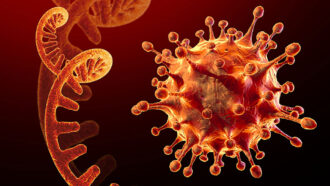 Genetics
GeneticsExplainer: What is RNA?
A partner to DNA, cells use this molecule to translate the instructions for making all of the many proteins that your body needs to function.
-
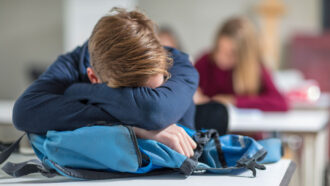 Health & Medicine
Health & MedicineStarting schools later leads to less tardiness, fewer ‘zombies’
Students attending schools with later start times feel more awake during the day and are less likely to oversleep and be late for class.
-
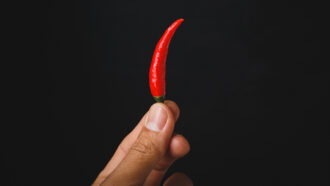 Health & Medicine
Health & MedicineA 2021 Nobel goes for discovering how our body reads touch sensations
David Julius and Ardem Patapoutian found nerve-cell sensors for temperature, pain and pressure.
By Tina Hesman Saey and Freda Kreier -
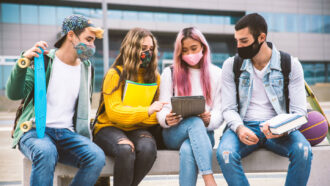 Health & Medicine
Health & MedicineSeven strategies to keep COVID-safe at school
Some schools safely brought students back for in-person learning last year. Their experiences suggest how to avoid classroom spread of COVID-19 this year.
-
 Health & Medicine
Health & MedicineWeight shaming is literally sickening
Many people think it’s okay to shame people for their weight. Not only is that cruel, but it also can harm their mental and physical health.
-
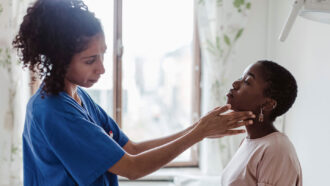 Health & Medicine
Health & MedicineScientists Say: Tonsils
The tonsils are pads of tissue in the throat that are part of the body’s immune system.
-
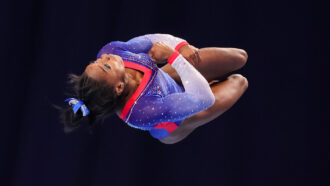 Psychology
PsychologyWhat happened when Simone Biles got the twisties at the Olympics?
Stress might have led to physical and mental disorientation during the gymnastics competition. Still, a lot about the phenomenon remains unknown.
-
 Health & Medicine
Health & MedicineCannabis may alter a teen’s developing brain
Marijuana use between ages 14 and 19 was linked to faster thinning of brain regions important in decision-making.
-
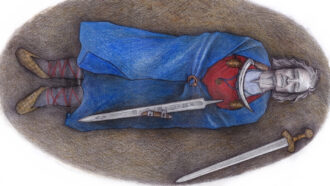 Archaeology
ArchaeologyA medieval grave may have held a powerful nonbinary person
A 1,000-year-old grave in Finland, once thought to hold a respected woman warrior, may belong to someone who didn’t have a strictly male or female identity.
By Bruce Bower -
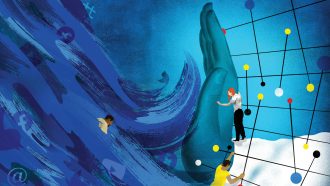 Psychology
PsychologyHow to resist and counter today’s flood of fake news
Although misinformation bothers most people, few know how to spot deceit or nonsense, studies find.
-
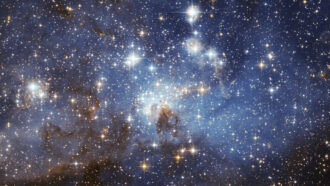 Physics
PhysicsScientists Say: Plasma
In physics, plasma refers to one of the four states of matter. In medicine, plasma describes the part of blood that ferries cells, nutrients and more throughout the body.
-
 Health & Medicine
Health & MedicineDiscovering the power of placebos
If you take a fake pill and expect to feel better, you may. Researchers are learning how this placebo effect works and how to use it to help patients.